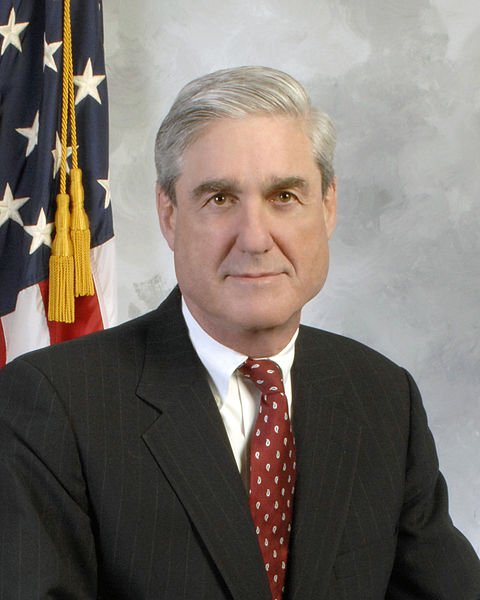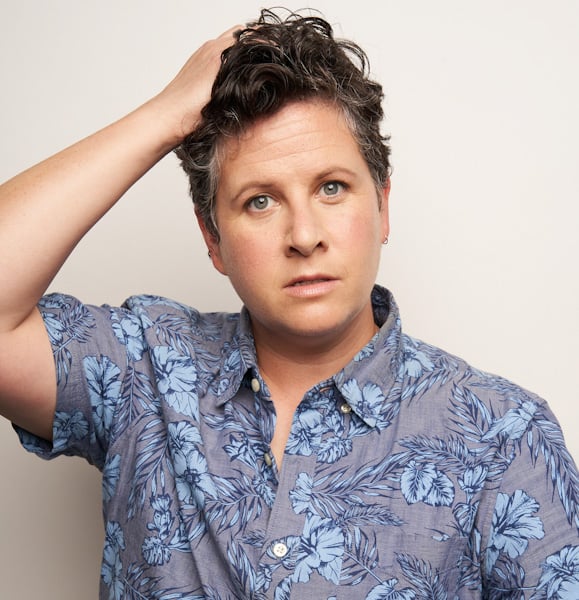SCOTUS bans damages claim against Mueller, other former officials for Sept. 11 detentions

Special Counsel Robert Mueller.
An implied right of action to sue federal officials for constitutional violations does not extend to a suit filed by immigrants who say they were rounded up and illegally detained after the Sept. 11 terrorist attacks, the U.S. Supreme Court has ruled.
A decision on whether to authorize a damages suit for illegal detention should be made by Congress rather than the courts, the Supreme Court ruled in an opinion (PDF) by Justice Anthony M. Kennedy.
The defendants included former Attorney General John Ashcroft, former FBI director Robert Mueller, former Immigration and Naturalization Service Commissioner James Ziglar, and two jail officials. Mueller is currently the special counsel investigating links between the Russian government and individuals associated with Donald Trump’s presidential campaign.
There is “a balance to be struck, in situations like this one, between deterring constitutional violations and freeing high officials to make the lawful decisions necessary to protect the nation in times of great peril,” Kennedy wrote. “The proper balance is one for the Congress, not the judiciary, to undertake.”
The suit had claimed the government rounded up more than 700 individuals on immigration charges after the Sept. 11 terrorist attacks. Those deemed “of interest” were held without bail. The plaintiffs sought damages using a so-called Bivens remedy, named for the case that found an implied right of action to sue federal officials who violate the constitutional ban on unreasonable searches and seizures.
Those who sued—six men of Arab or South Asian descent—said they were held at a Brooklyn detention center in tiny cells for more than 23 hours a day. Lights were kept on both night and day, and guards treated the detainees harshly, slamming them into walls, twisting their arms, breaking their bones, insulting their religion and strip searching them often, the suit alleged.
The plaintiffs said the government had no reason to suspect them of any connection to terrorism, and no reason to detain them for so long in harsh conditions.
Only six justices participated in the case. Justices Neil M. Gorsuch, Sonia Sotomayor and Elena Kagan did not participate. Sotomayor was a judge on the federal appeals court that had reinstated the lawsuits against the federal officials, and Kagan worked on the case while she was U.S. solicitor general.
A majority remanded for more analysis a separate claim against the prison warden for allegedly allowing guards to abuse the plaintiffs.
Kennedy concluded his opinion by stating that, if the allegations are true, “then what happened to respondents in the days following Sept.11 was tragic. Nothing in this opinion should be read to condone the treatment to which they contend they were subjected. The question before the court, however, is not whether petitioners’ alleged conduct was proper, nor whether it gave decent respect to respondents’ dignity and well-being, nor whether it was in keeping with the idea of the rule of law that must inspire us even in times of crisis.”
Instead the question is whether an action for money damages is allowed in the absence of congressional authorization, Kennedy said. And the answer is no, he said.
Justice Stephen G. Breyer read aloud a summary of his dissent, which was joined by Justice Ruth Bader Ginsburg. The reading is “an indication of how strongly the two disagreed with the majority decision, Law.com (sub. req.) reports.
The consolidated cases are Ziglar v. Abbasi, Ashcroft v. Abbasi and Hasty v. Abbasi.
Related articles:
ABAJournal.com: “Chemerinsky: When can government officers be held liable?”
ABAJournal.com: “Supreme Court to consider suits against US officials by immigrants detained after Sept. 11 attacks”



